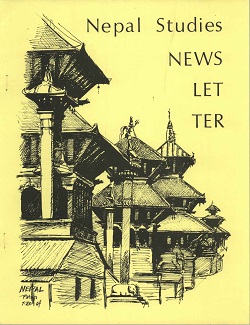Author Biography
Born in Dali, Yunnan Province, China Li Bo earned a Masters in Natural Resource Management from Cornell University in 2001. The founder of several environmental organizations in China, he is currently Editor in Chief for the Green Paper Book Series of the Annual Review of China’s Environment, which is jointly published by Friends of Nature and the Social Science Academic Press (China). He is also a Fellow at the India-China Institute within The New School for Social Research in New York City.
Abstract
The rapid urbanization movement in China’s uplands and up-streams, home to ethnic groups, are problematic for ecological and cultural reasons. Shangri-La County in southwest China is one such destination that has experienced such environmental and sociocultural challenges. The scale and speed of urbanization that has occurred in Shangri-La has outpaced what local communities can adapt to. As a consequence, a significant regional wetland as well as a culturally important water burial site are in serious distress.
Acknowledgements
The author would like to acknowledge collaborators in Shangri-La and the other scholar-practitioners involved in the ERSEH project collective. The author would especially like to thank Tsering Lhaktse and Kelsang Phuntsok for their contributions to this work. He wishes them well, wherever they are. He also thanks Ashok Gurung and Georgina Drew for their engagement with and support of his work, and Marina Kaneti as well as the editors of HIMALAYA for their assistance in preparing this case study for publication.
Creative Commons License

This work is licensed under a Creative Commons Attribution 4.0 License.
Recommended Citation
Li, Bo. 2016. Shangri-la: From Utopia to Wasteland?. HIMALAYA 36(2).
Available at:
https://digitalcommons.macalester.edu/himalaya/vol36/iss2/14


